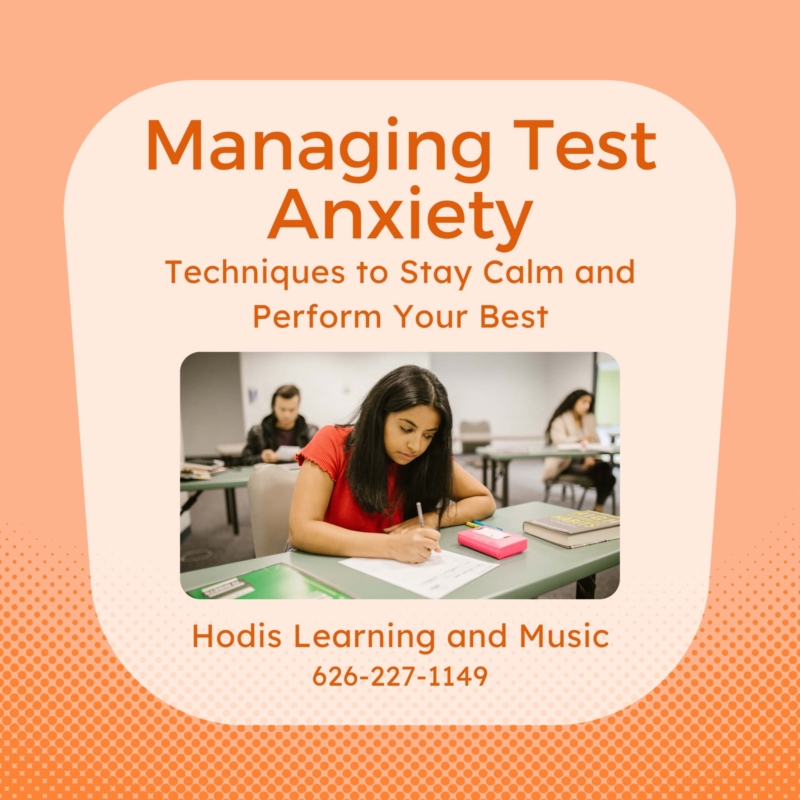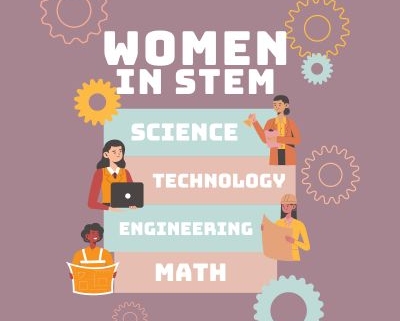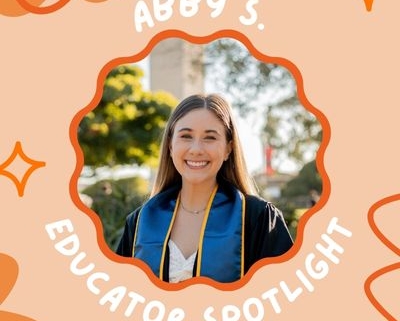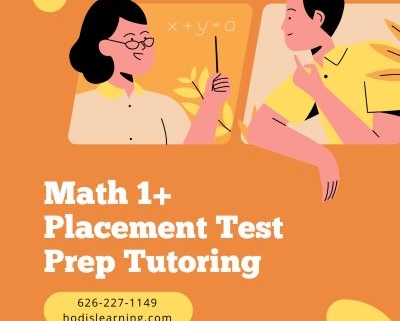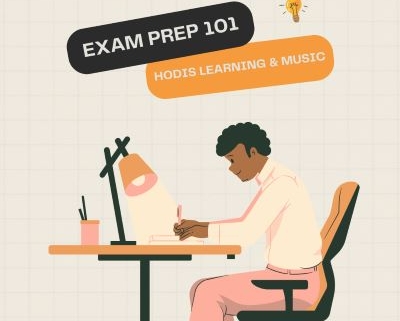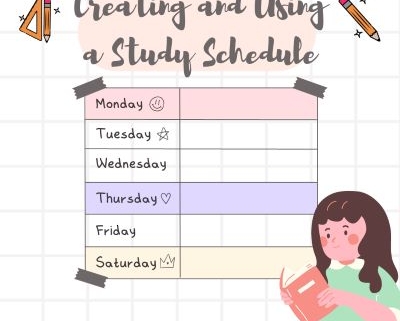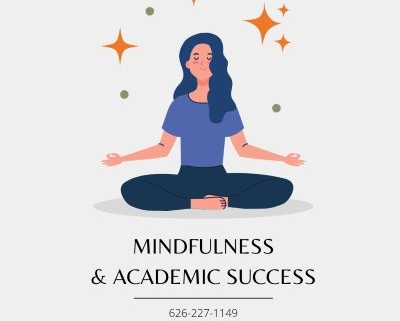Test anxiety is a common challenge faced by students of all ages, often hindering their ability to showcase their full potential. With the right strategies, it’s possible to manage this anxiety, stay calm, and excel in academic pursuits. Here, we explore practical techniques that can help transform anxiety into achievement.
Preparation Is Key
The cornerstone of combating test anxiety is thorough preparation. Familiarity breeds confidence, so ensure that your study plan is comprehensive and well-structured. Use a variety of study methods — elaborative interrogation, self-testing, practice exams (see all evidence-based study techniques) — to reinforce the material. Academic tutoring can also provide personalized guidance, helping to address any gaps in understanding and build a solid foundation of knowledge.
Develop a Positive Mindset
The power of positive thinking cannot be overstated. While it can be difficult to implement at first, replacing negative thoughts with affirmations and positive self-talk makes a huge difference. Instead of dwelling on the possibility of failure, try to visualize success. Imagine yourself answering questions confidently and acing the test. This mental rehearsal can boost your confidence and reduce anxiety.
Master Relaxation Techniques
Learning to physically relax your body can have a profound impact on your mental state. Techniques such as deep breathing, progressive muscle relaxation, or mindfulness meditation can be incredibly effective. Practice these techniques regularly, especially leading up to the test day, to help ease tension and induce a state of calm.
Organize and Strategize
A well-organized approach can alleviate the stress of the unknown. Prioritize your study topics, create a realistic revision schedule, and stick to it. On the day of the exam, have a strategy in place — skim through the test to gauge its difficulty, plan your time allocation for each section, and start with the questions you find easiest. This strategic approach can prevent feeling overwhelmed and help maintain focus.
Stay Healthy
Never underestimate the power of a healthy body on a calm mind. Ensure you’re getting enough sleep, eating nutritious foods, engaging in regular physical activity, and filling your cup by spending time with loved ones. These habits can significantly impact your mental clarity, energy levels, and overall anxiety levels.
Seek Support
Remember, you’re not alone in this. Discuss your anxieties with your social support systems, such as trusted loved ones, teachers, and guidance counselors. They can offer reassurance, practical advice, and sometimes even test-taking strategies that you might not have considered. Support from peers can also be invaluable; study groups can provide motivation, decrease isolation, and offer fresh perspectives on challenging material.
Practice Test-Taking Skills
Familiarize yourself with the format of the test and practice under timed conditions. This can help reduce anxiety by making the test environment more predictable. Additionally, learn effective test-taking strategies, such as answering all questions you’re sure of first, eliminating obviously wrong answers, and managing your time efficiently. Academic coaches can help students with learning and practicing test-taking strategies as well as other test-anxiety reduction techniques.
Takeaway
Managing test anxiety requires a balanced approach that includes preparation, mental conditioning, maintaining physical and mental health, and implementing practical strategies. By incorporating these techniques, students can approach exams with confidence, turning anxiety into a source of motivation rather than an obstacle. Test anxiety is common, and with the right approach, you can overcome it to perform at your best.
Manage Test Anxiety with an Expert Tutor or Academic Coach
Hodis Learning & Music provides expert, tailored academic tutoring and academic coaching to students of all ages and backgrounds, helping them to gain confidence in their courses and ultimately optimize their academic performance. Learn more about our services by calling or emailing us today!

